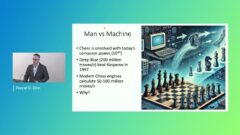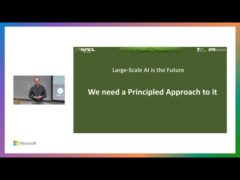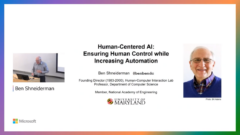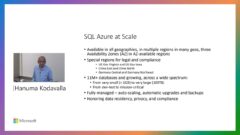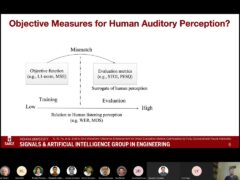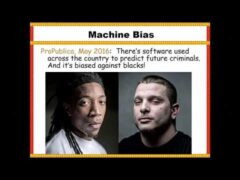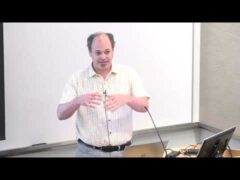Models, Decisions, and Better Cyber-Physical Systems
- Sicun (Sean) Gao | Carnegie Mellon University Computer Science Department
Any system that integrates digital control in a physical environment is an instance of Cyber-Physical Systems (CPS). The design, analysis, and implementation of reliable CPS naturally require the aggregation of all existing insights on discrete and continuous systems, yet our success has been limited by a lack of unifying methodology. I claim that logic and automated reasoning can provide a framework that is theoretically adequate and practically powerful to address the core problems in this emerging field. The framework should drive new progress in model-based design, automated synthesis, formal verification, and ultimately the complexity and reliability of the next generations of CPS. Along this line I present some of our results and projects, such as delta-decidability over the reals, the dReal solver, and automated analysis of realistic hybrid systems from automotive, aerospace, and medical applications.
Speaker Details
Sicun (Sean) Gao is a Postdoctoral Researcher in the Computer Science Department of Carnegie Mellon University. His research focuses on automating the design, analysis, and implementation of Cyber-Physical Systems. He is broadly interested in topics ranging from logic and programming languages to embedded systems and robotics. He serves as the Technical Coordinator of the NSF Expedition project “Computational Modelling of Complex Systems”. He obtained his PhD from Carnegie Mellon University in 2012 and BS from Peking University in 2006.
-
-
Jeff Running
-
-
Series: Microsoft Research Talks
-
Decoding the Human Brain – A Neurosurgeon’s Experience
- Dr. Pascal O. Zinn
-
-
-
-
-
-
Challenges in Evolving a Successful Database Product (SQL Server) to a Cloud Service (SQL Azure)
- Hanuma Kodavalla,
- Phil Bernstein
-
Improving text prediction accuracy using neurophysiology
- Sophia Mehdizadeh
-
Tongue-Gesture Recognition in Head-Mounted Displays
- Tan Gemicioglu
-
DIABLo: a Deep Individual-Agnostic Binaural Localizer
- Shoken Kaneko
-
-
-
-
Audio-based Toxic Language Detection
- Midia Yousefi
-
-
From SqueezeNet to SqueezeBERT: Developing Efficient Deep Neural Networks
- Forrest Iandola,
- Sujeeth Bharadwaj
-
Hope Speech and Help Speech: Surfacing Positivity Amidst Hate
- Ashique Khudabukhsh
-
-
-
Towards Mainstream Brain-Computer Interfaces (BCIs)
- Brendan Allison
-
-
-
-
Learning Structured Models for Safe Robot Control
- Subramanian Ramamoorthy
-

